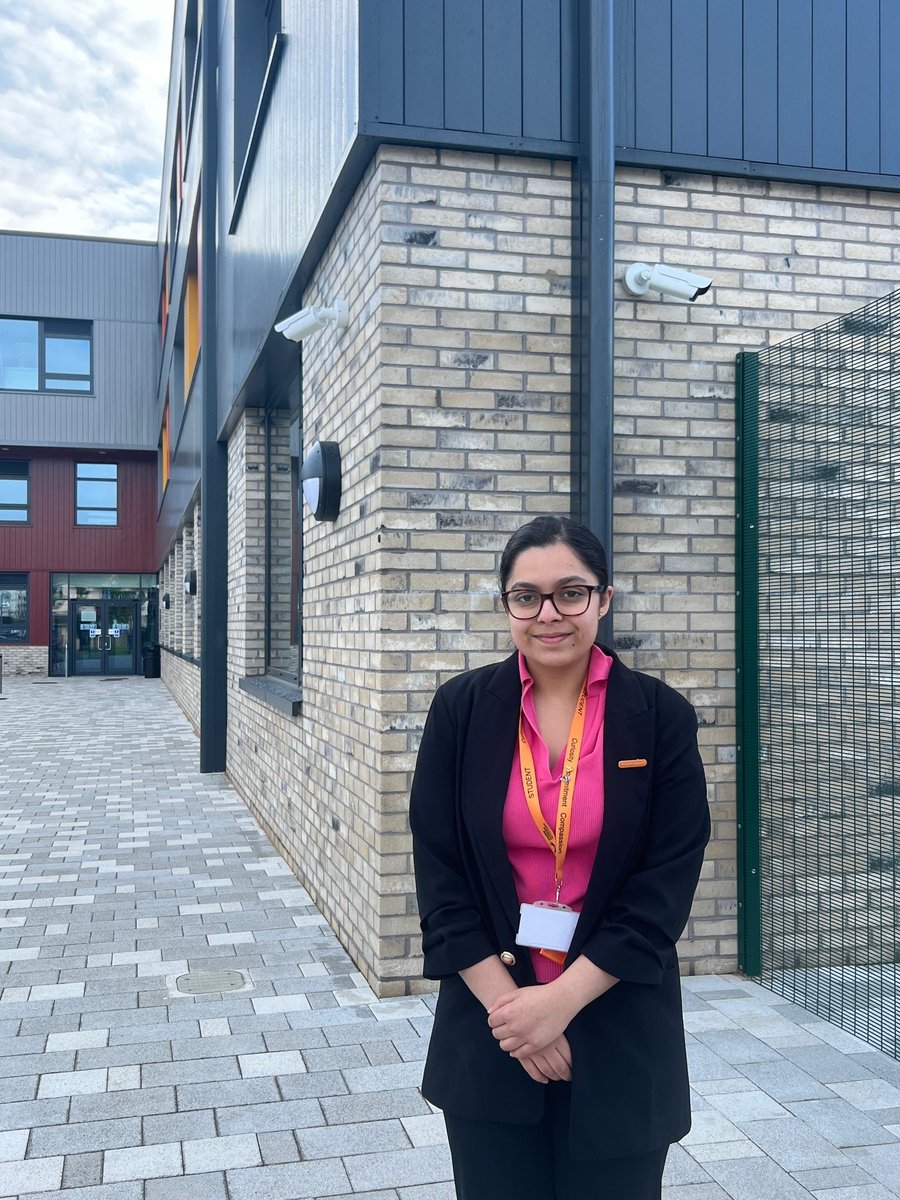Teaching & Learning
At Harris Rainham Sixth Form there is a relentless and sustained focus on high quality learning and teaching.
We are determined that all our pupils, regardless of their backgrounds, circumstances or socio-economic status will acquire powerful knowledge and achieve the strongest possible outcomes, enabling students to choose their university and career path in life.
This is achieved through a carefully designed curriculum and teaching and learning of the highest quality.
We care about what we teach and how we teach it. We are research informed, we get granular about the most effective ways to teach and engage in a culture of practice to hone our craft because we know that every teacher, regardless of experience, can and should get better at teaching. We know that Teaching and Learning cannot easily be separated from Curriculum and therefore this page should be read in conjunction with other pages in our Curriculum section.
We know that:
- Learning is an alteration in long term memory.
- Learning is the long-term acquisition and retention of knowledge and the ability to transfer it to new contexts.
Knowledge is powerful. Knowledge is a tool for social justice and equality. Knowledge allows our students to gain qualifications that enable them to choose their career and path in life.
In the classroom
Students learn best when there is consistency of approach. The consistencies and key teaching routines outlined in our Teaching and Learning policy allow teachers to build up a repertoire of expertise, knowing that what they are doing in these key aspects are the same as what is happening in other classrooms across the academy. Teachers, as experts in their field, have the flexibility to adapt their teaching in response to assessments made throughout all lessons and be flexible in their approach but there are certain key elements that are consistently present in lessons at HRSF.
We have five stages of a lesson, with two overarching themes.

All our students arrive to each lesson having competed a prep reading or task. This provides all students with sufficient background knowledge and pre-existing schema which makes subsequent new knowledge to be more easily grasped and retained. Teachers deliver new content using direct instruction and explicit explanations, checking knowledge during each part of the lesson. Time is provided for students to practice and apply their new knowledge. Teachers are able to adapt and personalise their teaching to ensure all students can access the content and are challenged appropriately.
We expect all our students to be exemplary scholars in the classroom, demonstrating curiosity and a passion for their chosen subjects and showing determination to succeed.
 Assessment
Assessment
Teachers continuously monitor students’ progress and make effective interventions through frequent feedback. Feedback can take the form of verbal feedback, self-assessment, live feedback and assessment feedback.
Live feedback is our predominant form of feedback in books. We place important on ‘Academic monitoring’ whereby students complete independent work, in silence, while the teacher circulates the room. The teacher uses this time to read students’ work, correct misconceptions and provide immediate feedback to students so that they can tweak and correct their work in a timely fashion. Prep should be checked on and reviewed during the lessons, both to ensure accountability for students in the work they’re doing out of class and to make the most of their efforts.
Self-assessment is used in almost every lesson. Following explicit explanations and teaching episodes, students compete questions, tasks and exam questions. Success criteria is shared with the students and they are able to correct misconceptions and add further detail and subject specific knowledge. Exam questions are regularly completed in lessons, mark schemes are used as success criteria and students can respond to this during self-assessment, always led by the teacher.
Verbal feedback is highly effective and delivered to the student in the moment. This can be during a questioning episode, or as the teacher is circulating the class.
Written feedback is used in some subjects to provide more in-depth comments and targets to improve. This is the case for some coursework subjects and extended writing/essay subjects. All assessments will be deep marked and personalised feedback provided.
















